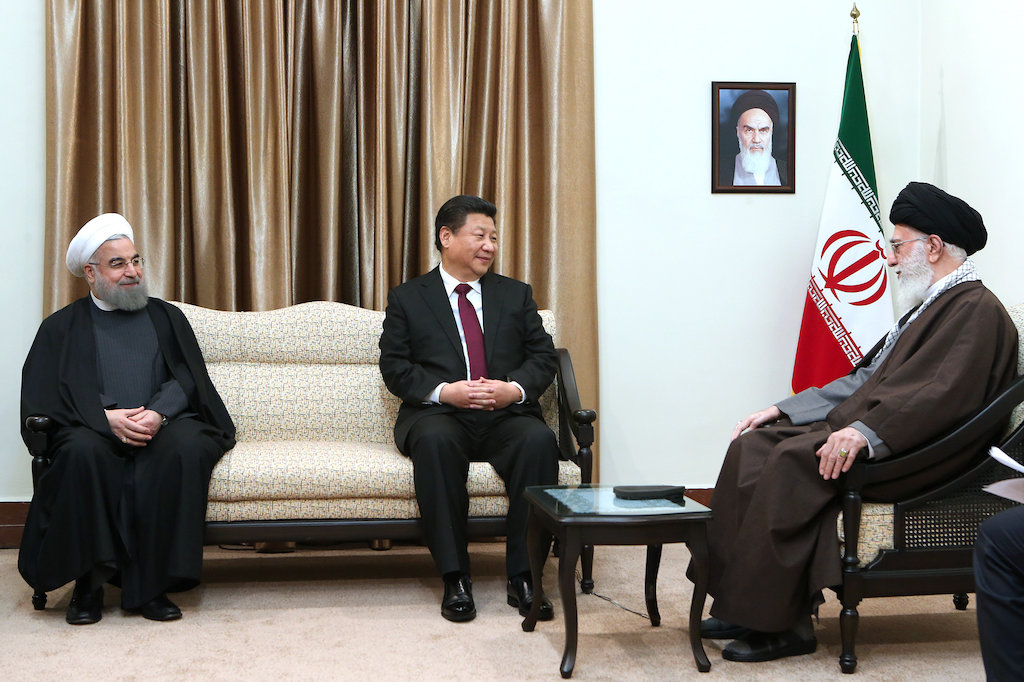 Can you explain the future of the internet in 15 seconds while lip-syncing your favorite dance-pop track? If so, you belong on TikTok, the vertical video app popular with Generation Z and with (until recently) as many as 1 billion users.
Can you explain the future of the internet in 15 seconds while lip-syncing your favorite dance-pop track? If so, you belong on TikTok, the vertical video app popular with Generation Z and with (until recently) as many as 1 billion users.
Until recently because on June 29, TikTok was banned in India, along with 58 other Chinese smartphone apps, including the messaging giant WeChat, the Clash of Kings mobile video game, and Baidu maps. India, which has more internet users than any country other than China, accounted for nearly half of users downloading the TikTok app in 2019. If the future of the internet will be determined by a technology war between the United States and China, India is the key emerging-market battleground. The digital rupture between China and India virtually ensures that the latter will land firmly in American cyberspace.
India’s app ban came in the wake of border skirmishes with China that resulted in dozens of deaths—but officially, the Chinese app ban is linked to concerns over privacy and the misuse of user data. There have long been serious security issues about the collection, retention, and analysis of personal data by Chinese companies. But this time, India went further: It announced that the operations of the 59 Chinese apps were “prejudicial to [the] sovereignty and integrity of India.”










